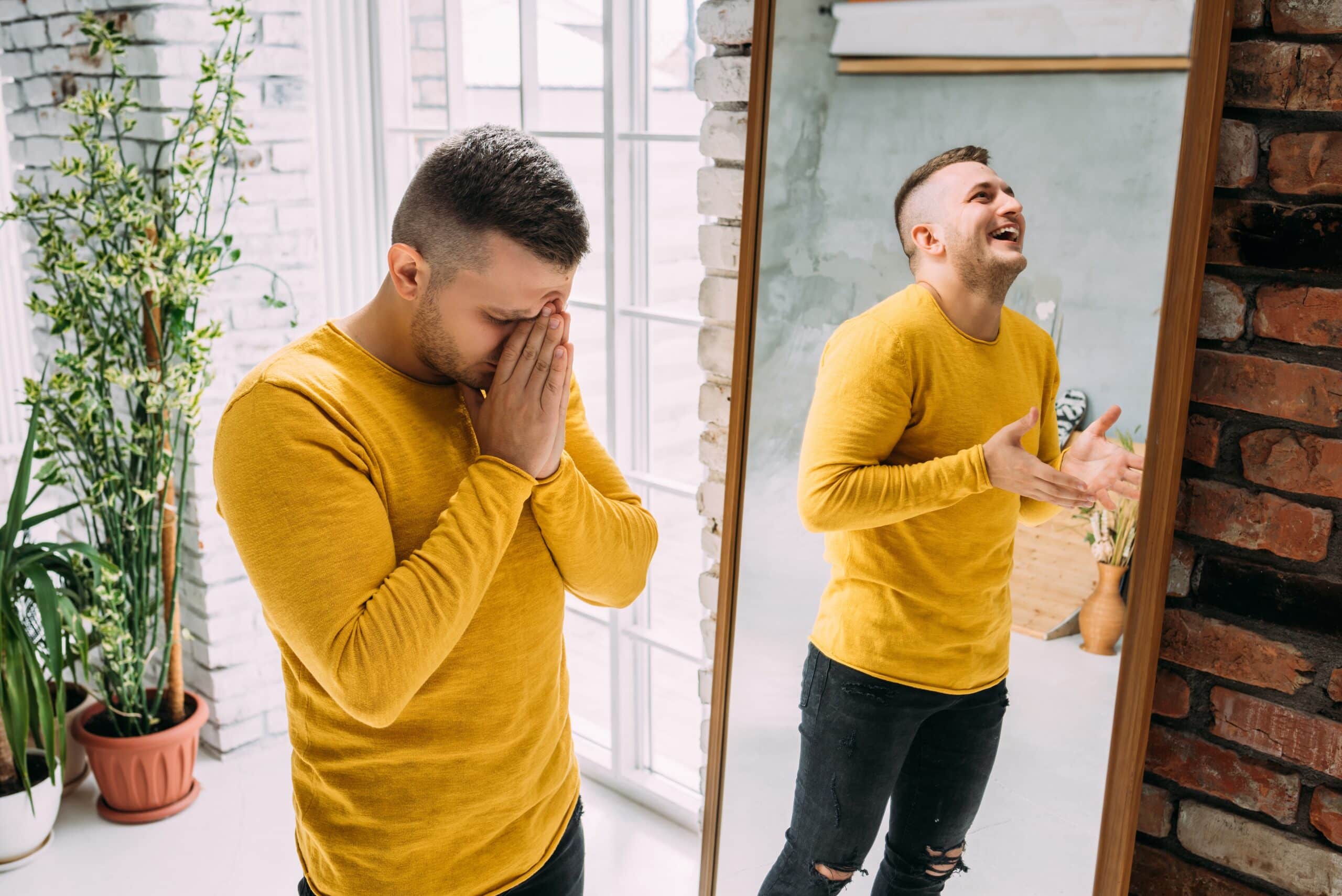IHL is undergoing a pivotal point in its journey as a company moving from pure research to service delivery as Australia becomes the first country to recognise psychedelics as medicine.
Incannex Healthcare (ASX: IHL) has announced that it has developed plans for the commercialisation and launch of multiple psychedelic-assisted psychotherapy clinics, the first of which will open in Melbourne in 2023.
Incannex is at an advanced stage of negotiation on riverfront premises for its first clinic in Melbourne and hopes to roll out many more as the market potential is what it has referred to as a “multi-billion dollar opportunity”.
IHL said it has been developing commercialisation plans for psychedelic clinics for some time, well before the Therapeutic Goods Administration (TGA) decision to down-schedule psilocybin for treatment-resistant depression (TRD) and MDMA for Post-Traumatic Stress Disorder (PTSD) was announced.
Psychedelic Clinics have been developed under the leadership of Peter Widdows, a long-standing IHL director.
“When the TGA announced the down-scheduling of MDMA and psilocybin for two indications, we were in a perfect position to expand our plans to cover this wider set of related therapies for certain indications,” Widdows said.
“This is both an amazing opportunity to do some good for humankind by delivering high-quality, effective treatments for debilitating conditions that often don’t respond to available treatments, and a great business opportunity, with a market that is predicted to mature into a multi-billion-dollar industry segment.”
Partnerships with clinical professionals
IHL has entered a partnership with Australia’s leading clinical psychedelic professionals, who all have extensive experience within clinical psychedelic research, treatment, and training.
Co-founder, director, chief strategy, and chief scientific officer Paul Liknaitzky has played a central role in establishing the clinical psychedelic field in Australia and leads the largest group of psychedelic researchers and clinicians in the country.
He is the chief principal investigator on a program of psychedelic trials and collaborates on numerous others nationally.
He has led the development of psychedelic trial protocols, treatment design, trial coordination, therapist selection and training, and has established active collaborations with an extensive network of international experts and organisations in the field.
His work is focused on developing innovative therapies, evaluating benefits, exploring potential drawbacks, predicting treatment response, mitigating risks, understanding therapeutic mechanisms, and translating research into practice.
“The safe, useful, and ethical translation of clinical psychedelic research into practice has been at the forefront of my mind for some years, as we conduct trials and learn first-hand about the potential and the complexity of providing psychedelic therapies,” Liknaitzky said.
“Very few people in Australia have the unique expertise and experience in delivering psychedelic therapies, and it is incumbent on those who do, to set the highest standards in patient safety, quality of care, ethical conduct, and accessibility.”
Leading transition to psychedelic-assisted psychotherapy
Co-founder, director chief medical officer and head of psychiatry Professor Suresh Sundram has led more than 50 clinical trials and studies in psychiatric disorders and has extensive experience with the use of psychedelics within psychotherapy.
“The down-scheduling of certain psychedelic treatments for certain conditions is an important transition point to establish the utility and role of psychedelic-assisted psychotherapy in mental illness,” Sundram said.
“Providing a custom-tailored environment to deliver the best possible therapeutic experience is critical.
“To enable this, and to evaluate and deliver outcomes, is a rare opportunity.”
Co-founder, director and head of psychotherapy Sean O’Carroll is an integrative psychotherapist and academic specialising in experiential, relational, and transpersonal psychotherapy.
Since 2019, he has developed and delivered psychedelic-assisted psychotherapy training for several clinical psychedelic research teams.
O’Carroll began lecturing in transpersonal psychology in 2011 and has more than 10 years’ experience working with what he calls “psychedelic casualties”.
Through the Wild Mind Institute, he offers training for mental health practitioners in psychedelic-assisted psychotherapy, “bad trip” integration, and eco-psychotherapy.
“Many of us in the research community were surprised by the recent TGA announcement, understanding this research is still in its early stages here in Australia, and that a good deal of necessary infrastructure is not yet in place,” O’Carroll said.
“With this decision, those of us who have the experience and expertise in this field feel a responsibility to contribute to the best possible care and provide a benchmark for safe and ethical practice. “
“There are very few experienced psychedelic-assisted psychotherapists in Australia, and the team we are assembling includes many of the most experienced practitioners in the country.”
Pivotal point in IHL’s journey
IHL is at an advanced stage of negotiations over locations in Melbourne with the first model clinic expected to open before the end of 2023.
Once the operation of the model clinic is running smoothly, IHL plans to begin rapid expansion within Australia and overseas, where legislation allows.
“This opportunity is something the IHL team have been working towards for some time now and presents a pivotal point in the journey of the company, turning from pure research into service delivery,” IHL managing director and CEO Joel Latham said.
“The opportunity is to deliver the highest-quality care and make a real difference in people’s lives, alongside substantial and imminent revenue potential.”
He said implementation of Psychedelic Clinics won’t impact development of its core clinical assets and will be run as an IHL-owned subsidiary in parallel.
IHL is currently undergoing a Phase 2 clinical trial for its proprietary psilocybin-assisted psychotherapy program for Generalised Anxiety Disorder (GAD), in a clinical trial program also known as “PsiGAD”.
“Implementation of this strategy will in part provide the platform to allow an accelerated path to commercialisation for our drug assets post clinical success,” he said.
This article was developed in collaboration with Incannex Healthcare, a Stockhead advertiser at the time of publishing.
This article does not constitute financial product advice. You should consider obtaining independent advice before making any financial decisions.
Incannex to open psychedelic clinic’s business with leading Australian experts


 Cannabis News1 year ago
Cannabis News1 year ago
 One-Hit Wonders1 year ago
One-Hit Wonders1 year ago
 drug testing5 months ago
drug testing5 months ago
 Cannabis 1011 year ago
Cannabis 1011 year ago
 Marijuana Business Daily1 year ago
Marijuana Business Daily1 year ago
 Education1 year ago
Education1 year ago
 Education1 year ago
Education1 year ago
 Cannabis1 year ago
Cannabis1 year ago

















